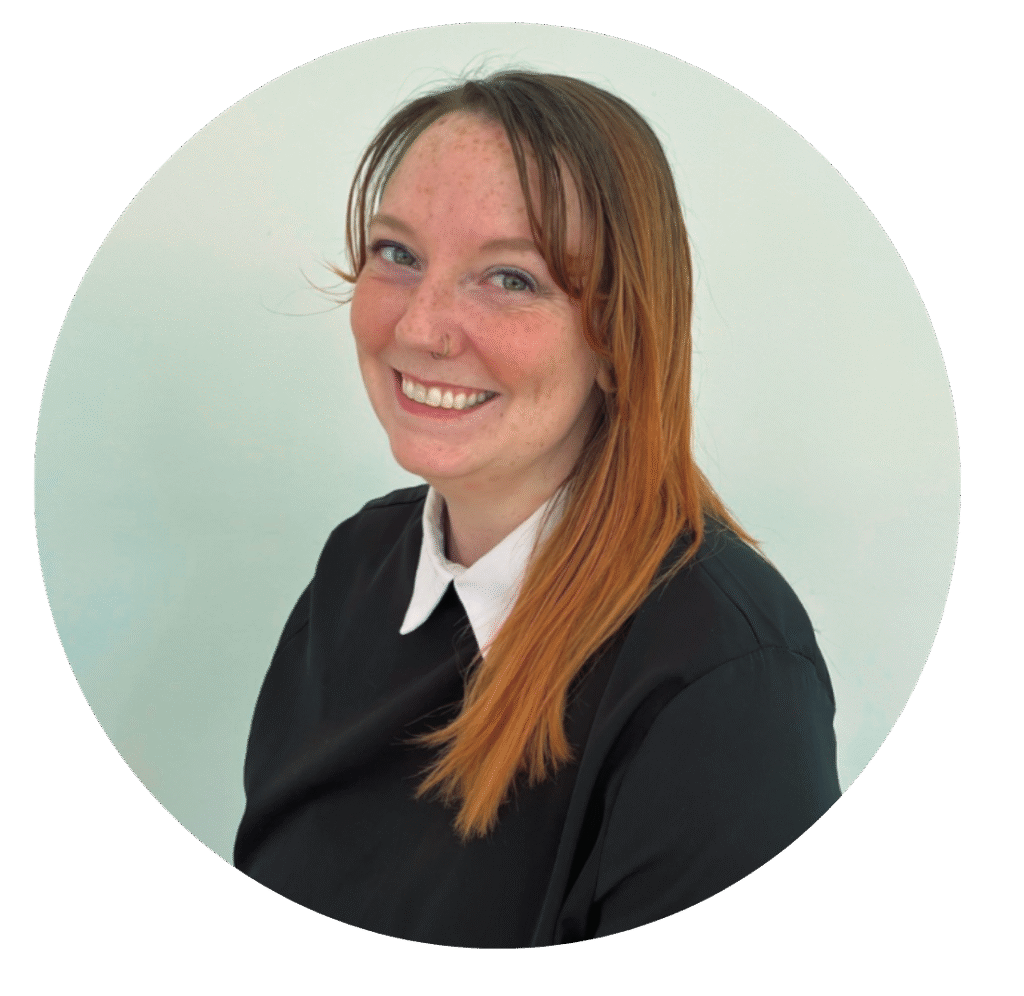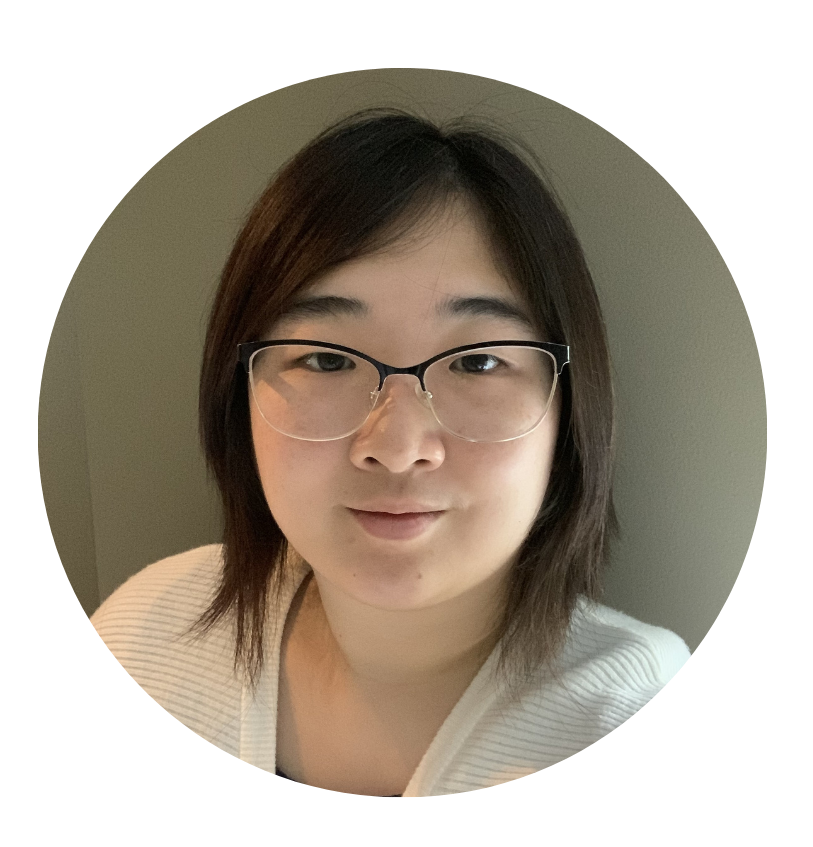Seven students from across the University of Toronto are the recipients of the 2023-2024 Inlight Research Fellowships, given out by the Inlight Student Mental Health Research Initiative at the University of Toronto.
The $10,000 Fellowships support graduate scholars who are currently leading research projects that aim to improve student mental health and well-being on campus and recognize the importance of student-led and co-designed research solutions.
“The Inlight Research Fellowship Program is dedicated to promoting the development of leaders in post-secondary student mental health research. We are actively supporting impactful research that will grow the perspectives and capacity needed to advance student mental health and wellness, as well as centring research that focuses on engaging the experiences and perspectives of our diverse student community,” says Julius Haag, Inlight’s Associate Director, Education and Training and an Assistant Professor, Teaching Stream in the Department of Sociology at the University of Toronto Mississauga.
Fellowship recipient Ananya Bhattacharjee wants to improve student mental health using technology. The 4th year PhD candidate in the Department of Computer Science is looking to utilize the capacity of large language models (LLMs) similar to ChatGPT, to have open-ended conversations with students who struggle with procrastination.
“Sometimes it is difficult for a student to express their overwhelm, or the multi-faceted dynamic of their stress. For example, they might have a part-time job that starts at 8 am, two exams, a deadline for a course, and relationship problems, thrown into the mix, contributing to their sense of anxiety and exacerbating procrastination” says Bhattacharjee.
Though LLMs are an emerging technology, Bhattacharjee is optimistic that if designed carefully, they can be helpful in supporting students who struggle with procrastination by providing appropriate suggestions or guidelines, that are co-designed with both students and experts in mental health.
Co-designing with students is a major component of the projects supported by the Inlight Research Fellowships, including Asma Shamim’s graduate research.
A PhD student at OISE in Developmental Psychology and Education, Shamim is interested in examining how concepts of wisdom and self-compassion could help undergraduate students living with attention deficit hyperactivity disorder (ADHD), and those who do not have an official diagnosis, improve their well-being and life satisfaction.
“Wisdom is a multi-faceted term, but in relation to my research it focuses on a set of skills that include decisiveness, reflective thinking, emotional regulation, social-advising, tolerance and self-compassion,” says Shamim.
In speaking with students for her study, Shamim sees that many are eager to share their experiences and provide their voice for research that can have a positive impact on student mental health.
“As we shift towards a strength-based approach in managing mental health conditions, I feel that my work can serve as a positive psychological resource for students,” says Shamim.
Here is the full list of Inlight’s 2024 research fellowship award recipients:
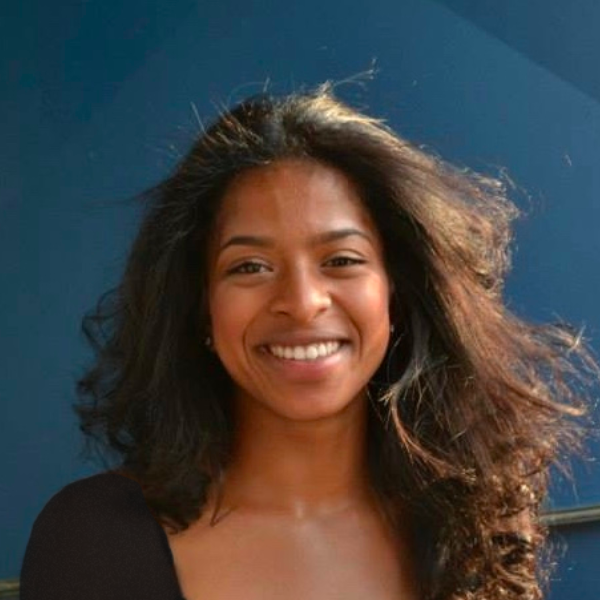
Maya Ahia is a master’s student in Clinical Psychology at U of T Scarborough. Her research explores the needs, strengths and lived experiences of students with disabilities in an effort to better understand how to improve the accessibility of postsecondary mental health supports. Student engagement and codesign are central components throughout her project. Her survey-based study has been disseminated to all students currently utilizing Accessibility Services across U of T. Ahia is supervised by Associate Professor Amanda Uliaszek.
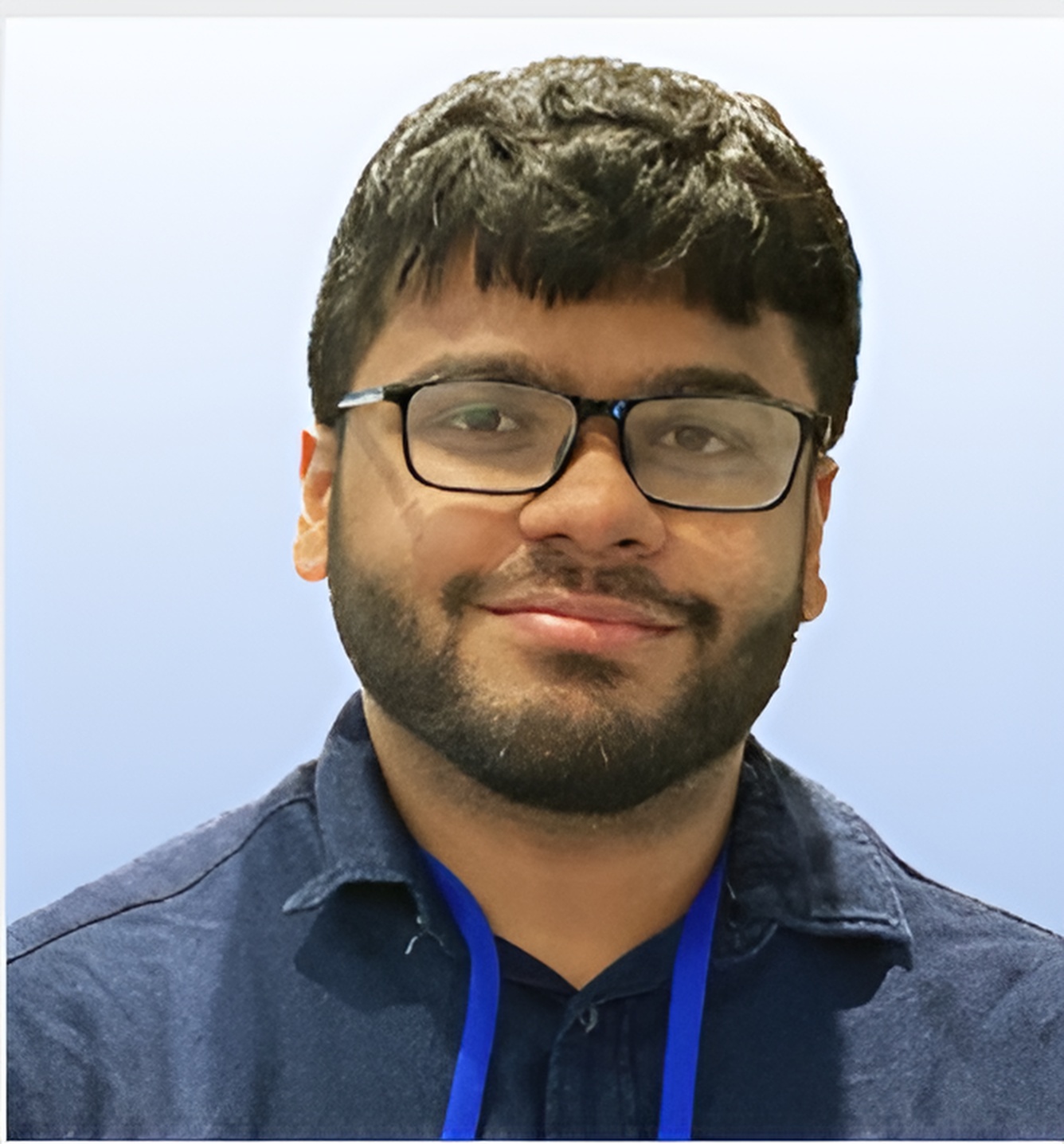
Ananya Bhattacharjee is a PhD candidate in Computer Science at the Faculty of Arts and Science. His work is centered around the development of Large Language Models (LLM’s) that can be carefully designed to deliver personalized advice or strategies for managing procrastination among post-secondary students. In collaboration with students, clinicians and psychologists, his work will adhere to ethical guidelines and revolutionize the use of AI tools in post-secondary student mental health. Battacharjee is supervised by Assistant Professor Joseph Jay Williams.
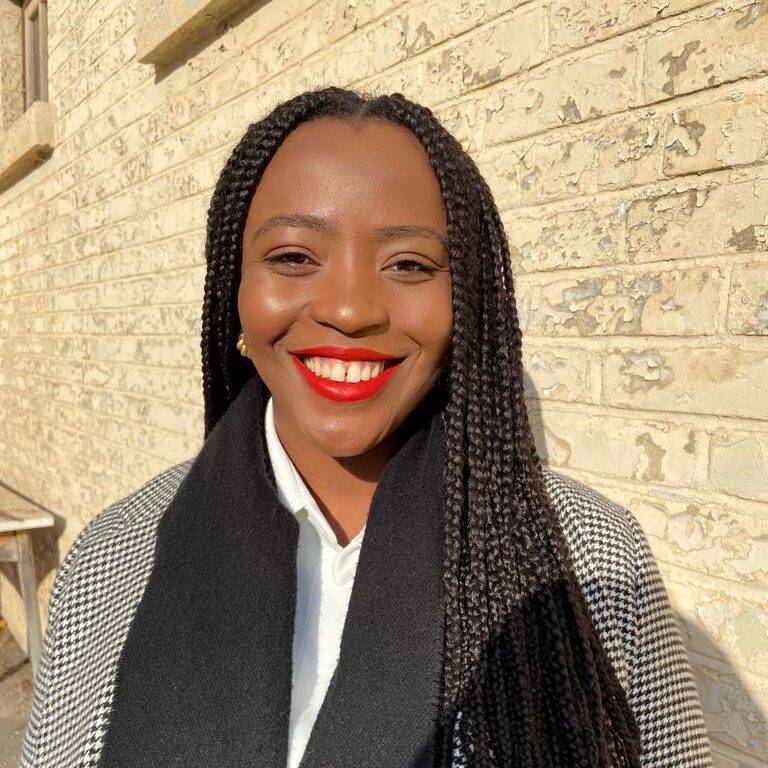
JesusMiracle Chiadika is a PhD student in Higher Education, Comparative, International & Development Education at OISE. Her research will aim to understand the mental health experiences of racialized undergraduate students. Using a qualitative approach, Chiadika will explore the surge in demands on services and resources for mental health, and the lack of culturally sensitive support systems tailored to meet the diverse needs of students. Chiadika is supervised by Associate Professor Elizabeth Buckner and Assistant Professor Linda Iwenofu.

Melissa deJonge is a PhD student at the Faculty of Kinesiology and Physical Education. Her research project will focus on physical recreation within a campus environment and improved mental health and social connectedness among students. Her work will centre on a co-designed framework that aims to foster social inclusion and mental health through on-campus physical recreation, and will further explore the implementation of a toolkit to promote the benefits of physical recreation and social inclusion on post-secondary campuses. deJonge is supervised by Professor Catherine Sabiston.
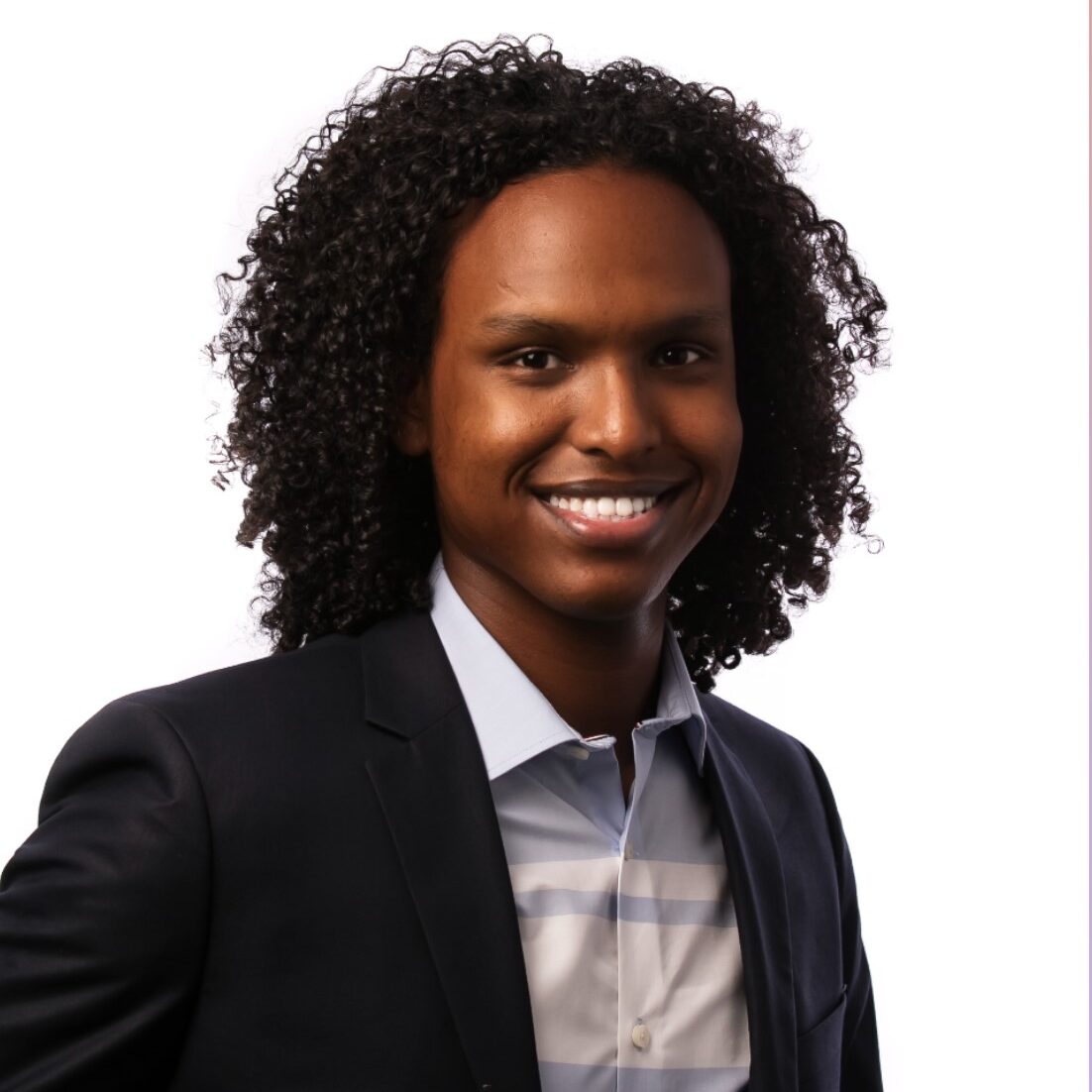
Egag Egag is a PhD student in Social Work at the Factor-Inwentash Faculty of Social Work. Their research explores the experiences of Black post-secondary students accessing counselling support for on-campus experiences of anti-Black Racism. Their study will recruit 25 Black-identified students in Canadian Higher Education and is aligned with similar international studies that aim to amplify the voices of Black students pursuing higher education. They are hopeful that this study will foster effective on-campus counselling and aid Black-identified students in Canada in overcoming the negative impacts of anti-Black racism on their mental health. Egag is supervised by Associate Professor Rachelle Ashcroft.

Danika Quesnel is a PhD student in Clinical Psychology at U of T Scarborough. Her research is focusing on helping student athletes with navigating the unique stressors they encounter while managing their academic responsibilities and sporting environment. Her study aims to develop and test a student delivered mental health program for student athletes to produce a self-sustaining program that improves the mental health of student athletes during their post-secondary studies and their lifetime. Quesnel is supervised by Professor Catherine Sabiston and Dr. Amanda Uliaszek.
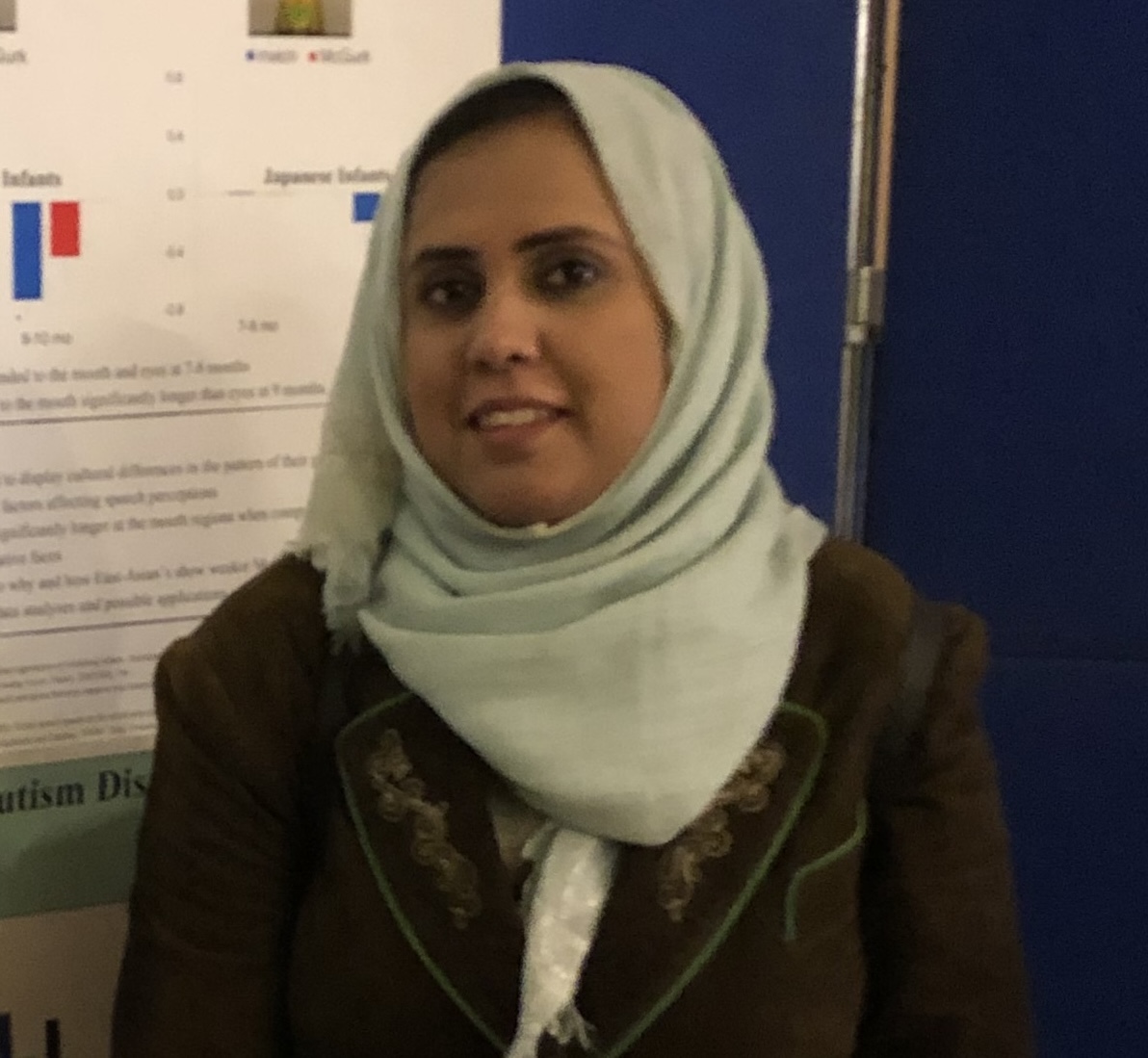
Asma Shamim is a PhD student in Developmental Psychology and Education at OISE. Her research focuses on the concepts of self-compassion and wisdom as a means of improving life satisfaction among undergraduate students with and without a diagnosis of ADHD. Shamim aims to focus on a strengths-based approach related to ADHD through her study that will survey undergraduate students across the three campuses. Shamim is supervised by Professor Michel Ferrari.


